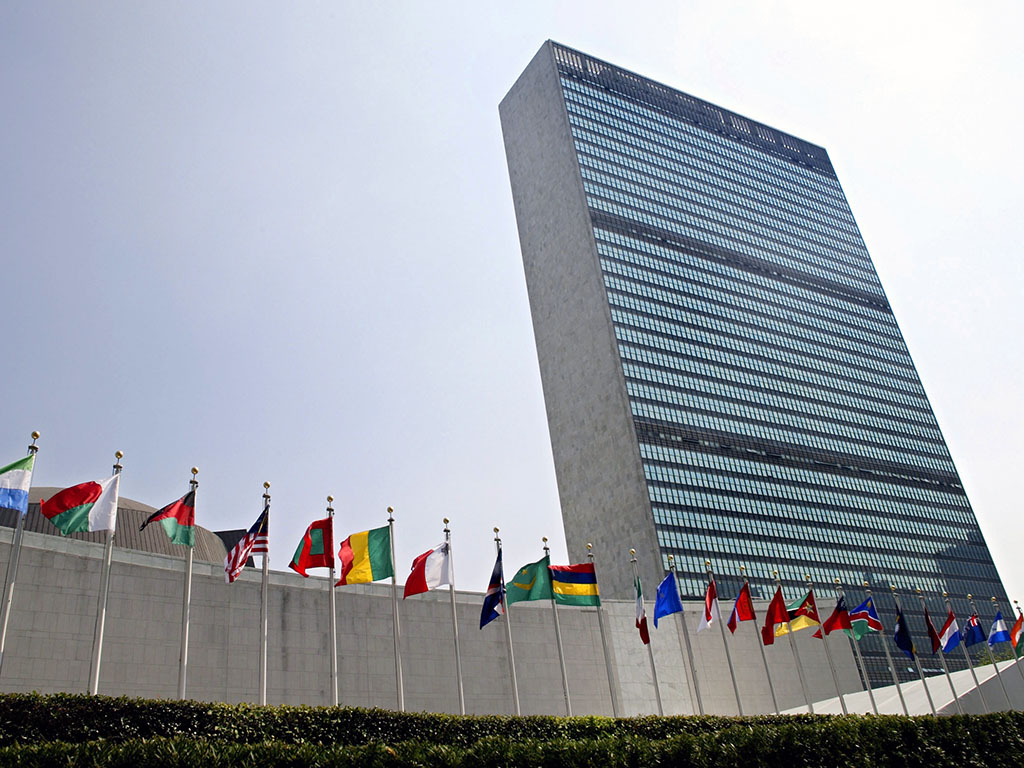The UN Resolution heralding the Sustainable Development Goals pledges to leave no one behind, and moreover "to reach the furthest behind first". This priority echoes the priority to the worst-off that is being discussed in philosophy, economics and related disciplines, but also the pleas of many actors who represent or fight for the most disadvantaged populations. This paper argues that serious theories do support such a priority and that the best policies implementing this priority do not necessarily involve the most intuitive anti-poverty targeted measures.
CDP Background Paper series

The paper focuses on two crucial issues that hinder the fiscal sovereignty of developing countries: the reduced level of international tax cooperation, and the lack of appropriate procedures for sovereign debt crisis resolution. The low level of international tax cooperation enables a race to the bottom in tax rates among countries, tax avoidance through profit-shifting activities by companies and tax evasion by individuals and companies, based on the existence of non-cooperative jurisdictions.
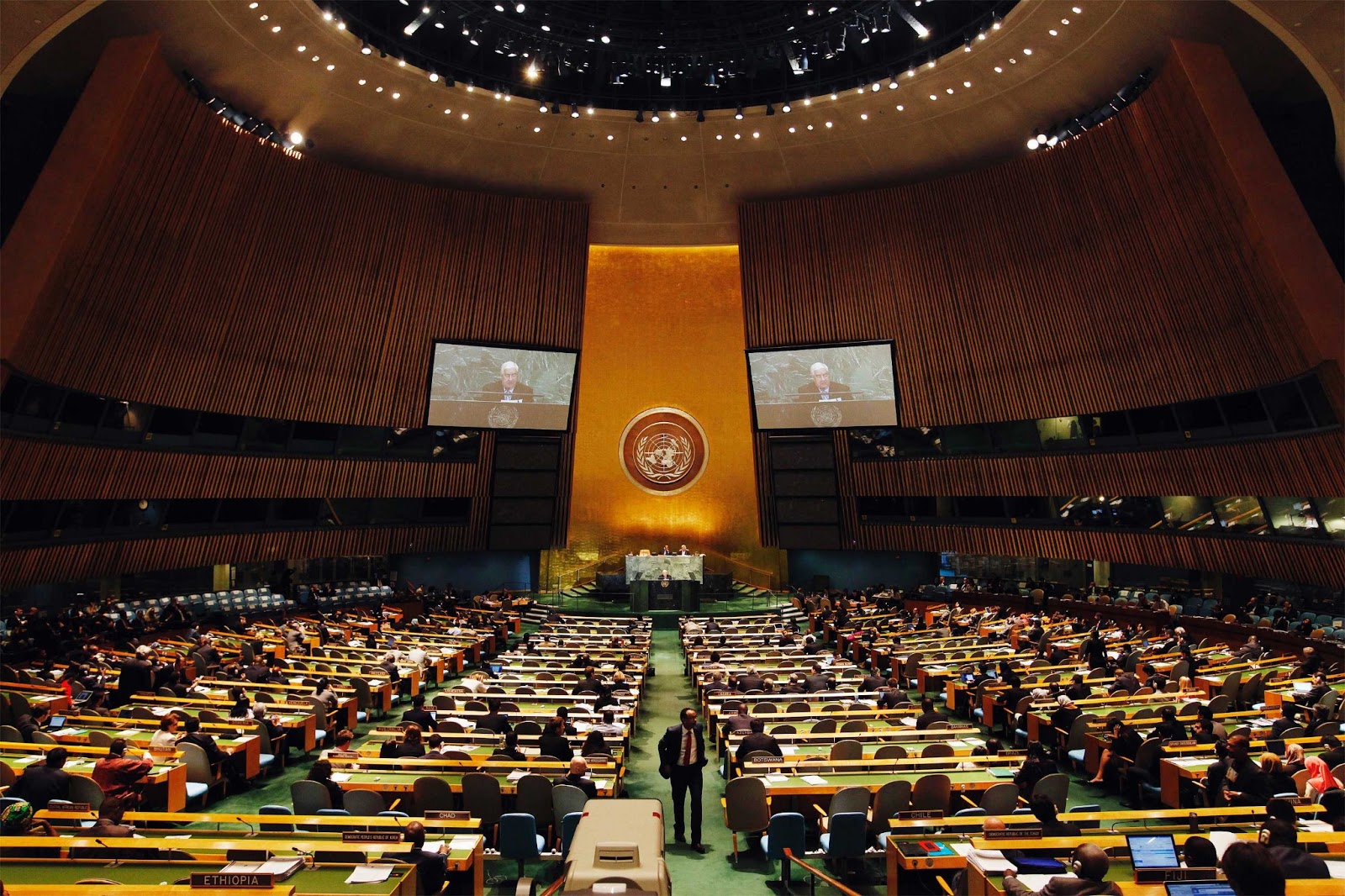
The paper examines whether the planned eradication of poverty to the year 2030 part of the SDG strategy is compatible with the expected trends in key economic variables such as GDP growth, population growth, income inequality and food prices.
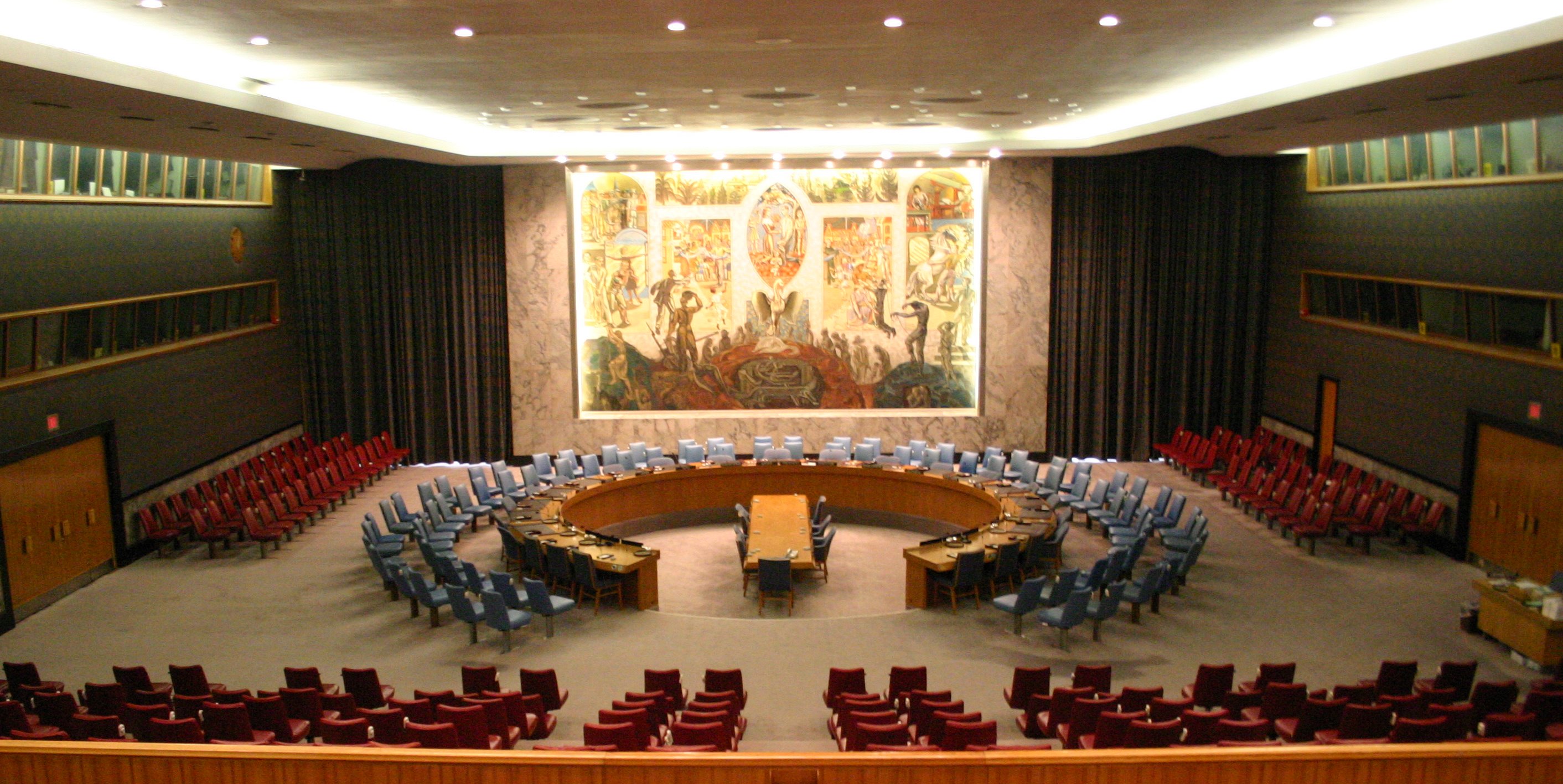
This paper presents some of the challenges of the leaving no-one behind mandate. Firstly, how the development cooperation system can be brought up to date; secondly, why cooperation may still be useful and effective in supporting an Agenda beyond ODA; and finally, the way in which resources should be allocated in order to preserve the purpose of development cooperation.

Strengthened intellectual property requirements, government procurement, dispute settlement constrain policy space for implementing universal health coverage. These consequences can have particularly dramatic effects for countries that made effective use of medicines and intellectual property policies to expand access to medicines.
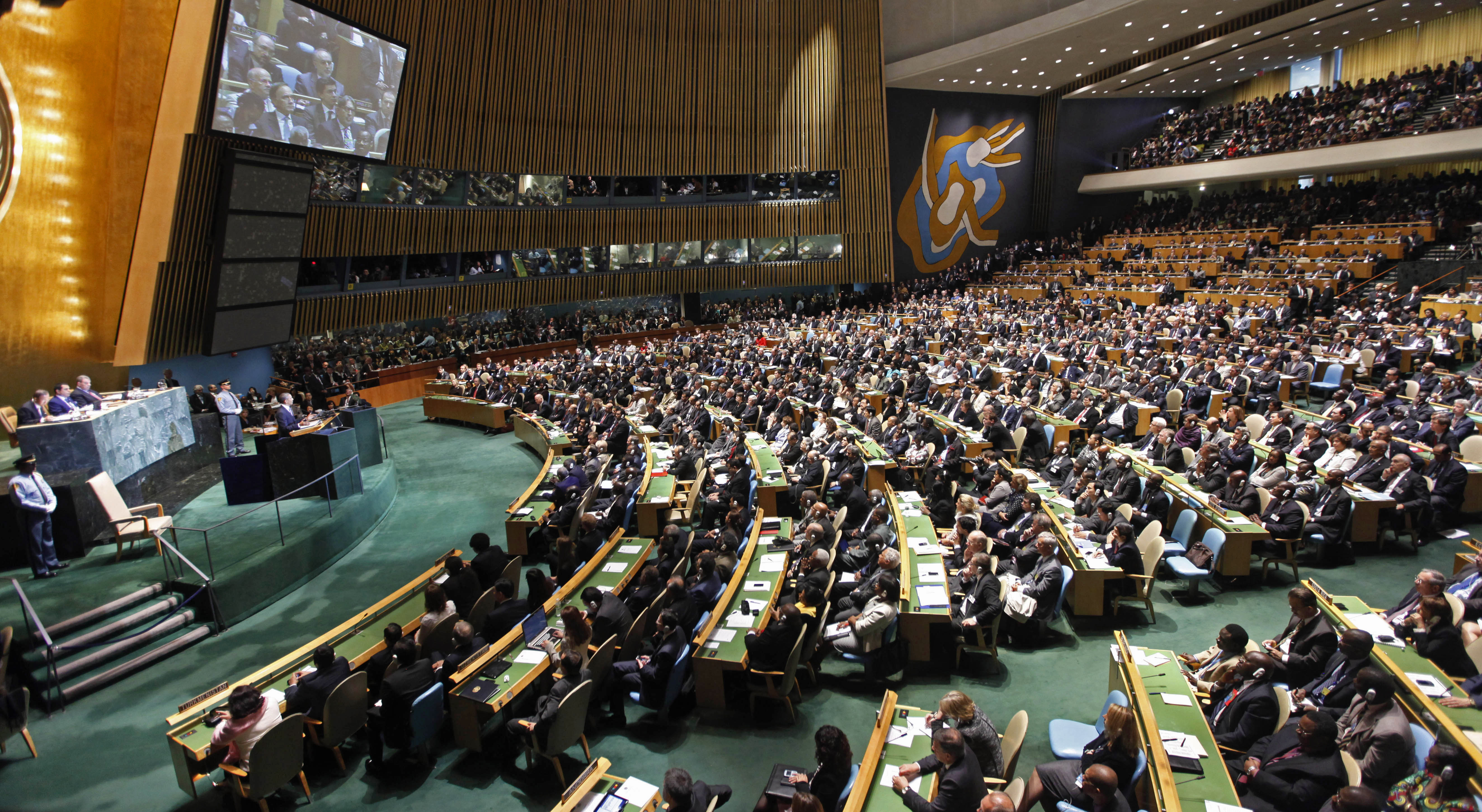
Least developed countries (LDCs) are characterized by limited productive capacities, which constrains their efforts towards structural transformation and sustainable development. At the same time, the actual policy choices countries that have graduated or have made significant progress towards graduation from the LDC category provide a wide range of lessons other LDCs and the international community can learn from. Whereas countries can be on different pathways towards graduation, a diverse set of social, macroeconomic, financial, agricultural and industrial policies can be effective. However, good development governance is the key factor for successfully expanding productive capacity.
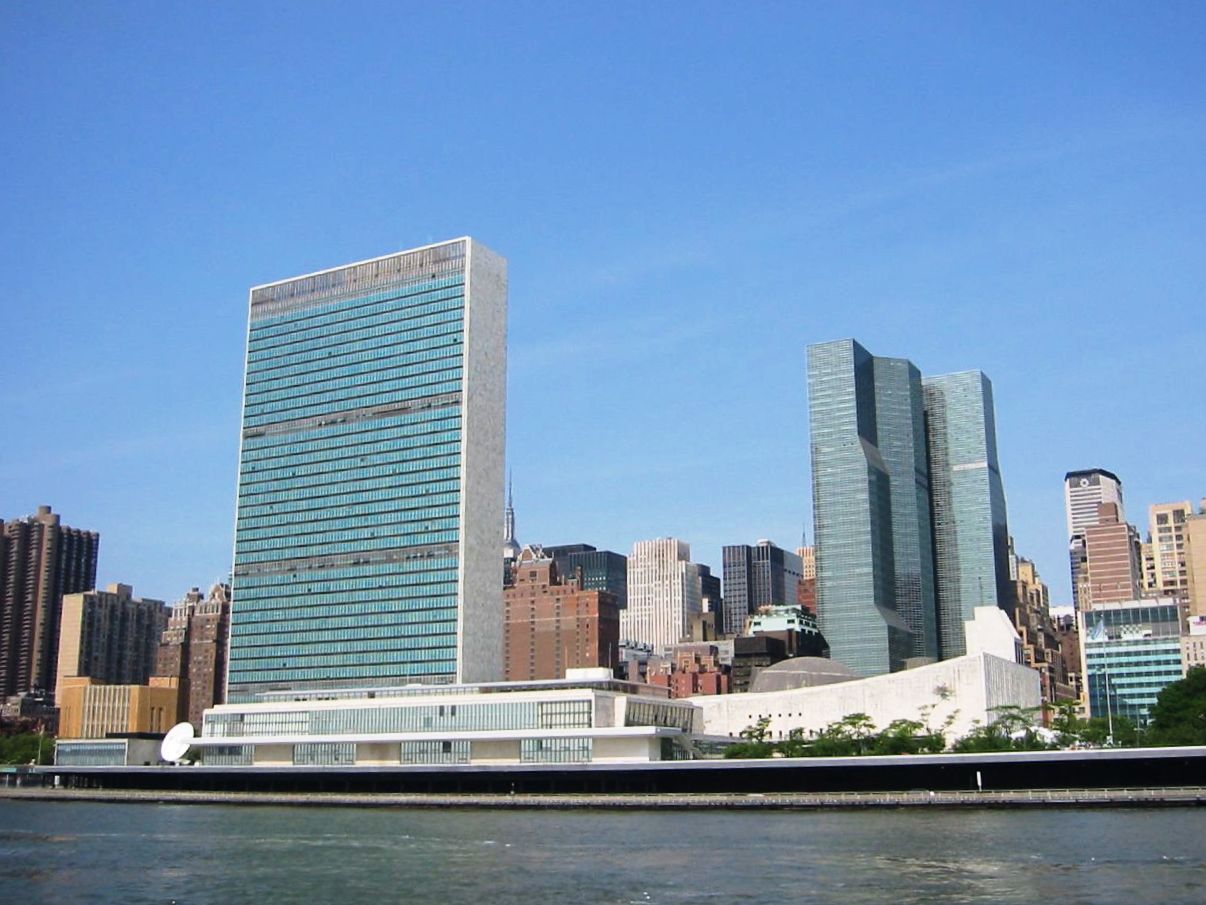
The United Nations Committee for Development Policy (CDP) comprises 24 independent specialists from a variety of disciplines. It advises the UN Economic and Social Council on emerging economic, social and environmental issues relevant to sustainable development and international co-operation. The paper argues that since its launch in 1965 the CDP has at times struggled to make an impact, but that it has been most effective when it has been at its most creative and when it has broken with convention.
The CDP helped put into practice the target that developed countries should devote 0.7% of their gross national income to official development assistance. The Committee created the least developed countries category and continues to monitor and update membership of the group. Its members were prominent in the genesis of the human development approach and continue to conduct new work in the areas of governance, productive capacity and sustainable development.

This paper analyzes opportunities for growth in Nepal by applying the policy tool of New Structural Economics ? Growth Identification and Facilitation Framework (GIFF). Drawing on firm level surveys, stakeholder interviews, and existing datasets it aims to contribute to policy discussions in Nepal and to demonstrate the use of the GIFF for other least developed countries. The report argues that Nepal should seek to capture industrial transfer from China to establish a foothold in global value chains, create employment and catalyze structural transformation. The report identifies product-level advantages arising from preferential market access and sector-specific binding constraints, and proposes how to use Special Economic Zones to mitigate identified constraints to set Nepal on a path of structural transformation.

This paper examines the process of building productive capacity in Ethiopia over the past two decades and the roles played by the state, government, the private sector, foreign firms and development partners. Productive capacity is defined broadly as the natural resource potential, accumulation of human capital and the institutions that facilitate inclusive and sustainable economic growth. This process also encompasses the nurturing modern entrepreneurial skills in the private sector and fostering innovation. The paper starts with an overview of Ethiopia's economic growth and the change in the domestic economic structure. The manufacturing sector is seen as the success of Ethiopia's Growth, and its development to a large extent the product of an activist developmental state. The paper then examines growth and diversification of exports and the country's recent efforts to effectively exploit its natural resources. An analysis of public and private investment and the underlying allocation of financial resources finds that a recent upturn in domestic investment has been financed largely by foreign aid, and that private financing remains too low. Finally, the paper addresses educational attainment, arguing that Ethiopia has some distance to go in its attempts to close the large human capital gap relative to other low-income countries.
 Welcome to the United Nations
Welcome to the United Nations
